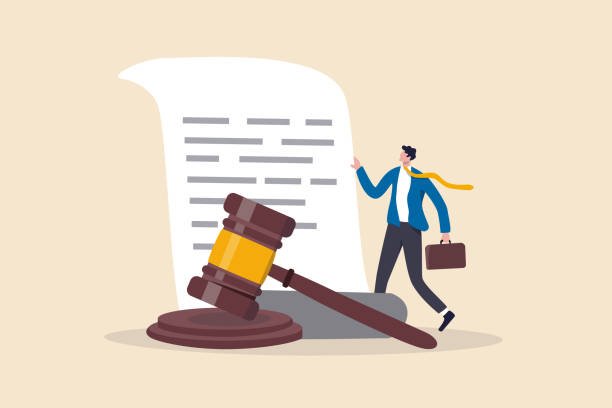Can a Summary Judgement be used in a Civil Action
Skip to content
Skip to footer
Can a Summary Judgement be used in a Civil Action
Can a Summary Judgement be used in a Civil Action

